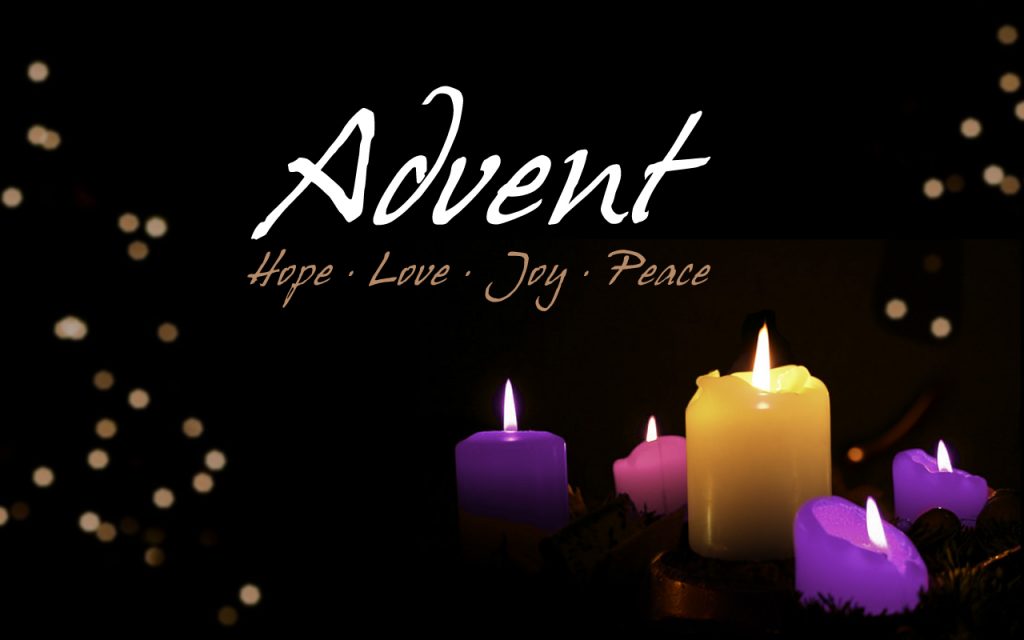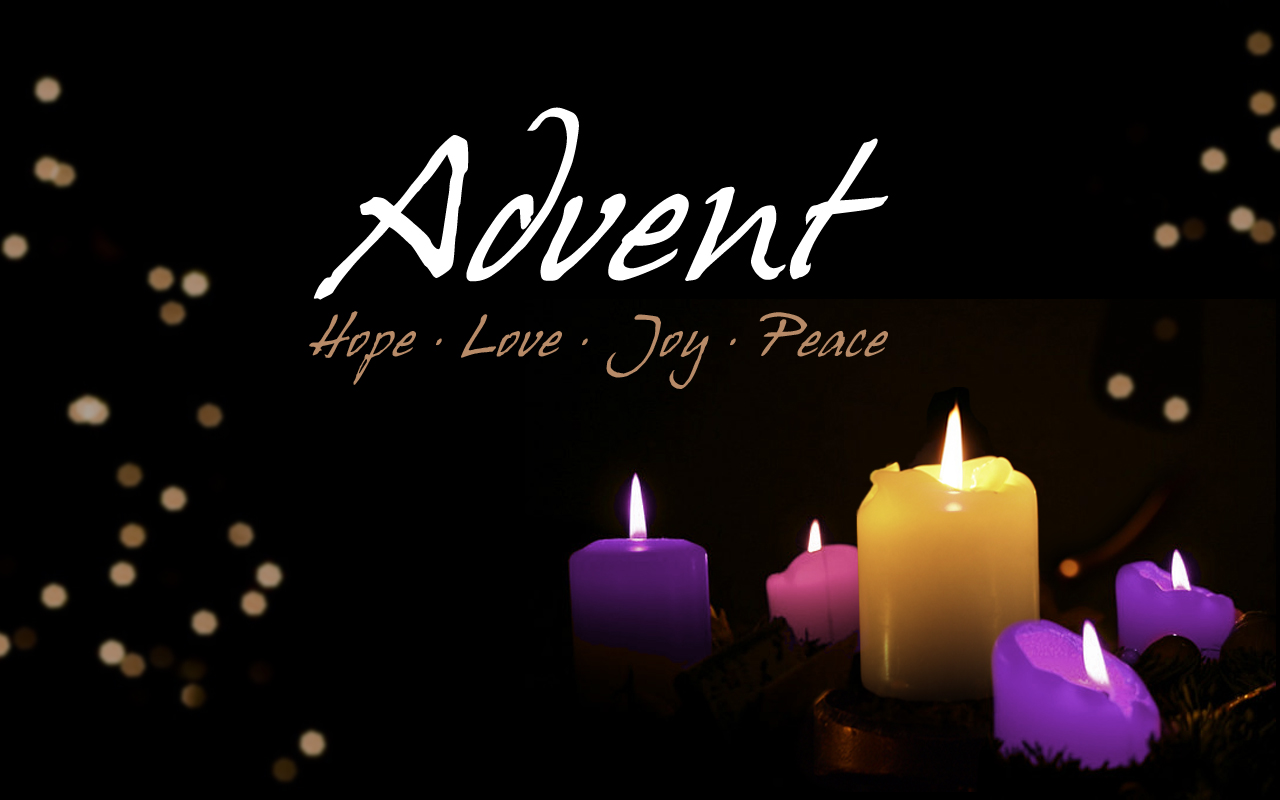
How hopeful are you for the future? According to a survey of conducted at the end of 2014 only 34% of those surveyed thought 2015 would be better than 2014 with 42% expecting it to be the same and 18% expecting it to be worse.
How hopeful are you for the future? Maybe the news we watch on TV each day discourages us. We hear of terrorism, desperate refugees, intractable civil wars, Fires and storms raging all over the country. Overall it’s not a very hopeful picture.
The situation was not so different in the time of Zephaniah who lived 600 years before Jesus was born. Just about a hundred years have gone by since the destruction of Israel, Judah’s sister kingdom to the north, and the ten tribes of Israel had been devastated by the Assyrians. Wiped out, never to appear again on the stage of history. Down in the south, centered around Jerusalem, huddled the two tribes that made up the Kingdom of Judah. Things had not been so good in Judah, either. Idolatry had run rampant. Cult prostitution and child sacrifice had crept in. Criminal activity was everywhere. Merchants cheated their customers. Widows suffered in poverty. Power was abused by those in authority. Everywhere things looked bleak. People were not hopeful.
But listen to what Zephaniah says
Sing, Daughter Zion;
shout aloud, Israel!
Be glad and rejoice with all your heart,
Daughter Jerusalem! (v14)
It must have seemed strange in these circumstances that Zephaniah tells his listeners and us to rejoice and be glad and shout aloud. Why?
Simply put, Zephaniah offers a profound and lasting hope in a troubled world.
Pulitzer Prize-winning playwright Tracey Letts writes in her play, August: Osage Country, “Thank God we can’t know the future, or we’d never get out of bed.” She is reflecting a pervasive, corrosive milieu of fear and grim resignation in our time. In his time, the Prophet Zephaniah rehearsed a similar drama of human sin, involving “violence and fraud” (1:9), arrogance, and immorality that produced disaster, reproach, and shame. But, thank God, Zephaniah knows something of God’s future.
I was asked why do we need to read the prophets?
Prophets say what no one wants to hear, what no one wants to believe. Prophets point in a direction no one wants to look. They hear God when everyone has concluded that God is silent. They see God where no one else would guess he is present. They feel God. Prophets feel God’s compassion for us, God’s anger with us, God’s joy in us. They dream God’s dreams and utter wake-up calls; they hope God’s hope and announce a new future; they will God’s will and live it against all odds. Prophets sing God’s song and sometimes interrupt the program with a change of tune. Prophets shout hope when all seems hopeless. We need more prophets in this world today!
The prophets bring hope not only to the people of Israel but to us, people living today, right here in the midst of our own pain and suffering. We listen to the prophets during Advent because, centuries before the birth of Jesus Christ, they brought the message of good news, “Do not fear… the Lord, your God, is in your midst.”
“Do not fear” is not a plea from the prophets to those listening but a declaration. The Angel Gabriel appeared to John the Baptist father Zechariah and the first words “Do not be afraid.” The same angel appeared to Mary to announce that she would give birth to the savior of the world and his first words “Do not be afraid.” The angel appeared to the shepherds in the field, and he said, “Do not be afraid… I am bringing you good news of great joy.” When they ran to the empty tomb the angel, sitting on the tombstone, said to them, “Do not be afraid… He is not here, for he has been raised” (Matthew 28:5-6).
Do not be afraid for God is with us and will never leave us no matter what. When all around us seems to be going off the rails, when the world is closing in on us, God is there with us.
This past week another politician has decided that he is also a theologian and announced that God is in control. Well, if he had gone to seminary he would have learned that is we say God is in control that means he is not only in control of the good things but he is in control of the bad stuff and that is just wrong theology. God gave us free will to determine our future. God created all that we see around us and left it for us to use as we see fit. If God were in control, he would not have had to flood the earth in Noah’s time. He would not have had to send prophets, and he certainly would not have had to send his only son to die on the cross to show us a different way. God Is not in control, but God is walking right beside us all along the way to show us the way to new life, and that is what this particular politician does not understand.
This morning we light the third Advent candle the rose colored one. We pause in our journey of confession and repentance, the original meaning of Advent, to throw off that feeling of desperation and despair and we focus on Joy. Joy because unlike those in Zephaniah’s time we know that tomorrow will be better and that the day after that will be better and the day after that will be better. Jesus never promised his followers, and that includes us, that our life would be comfortable in fact he said the very opposite. But what he did tell us is that we would not be alone in our journey and our struggle.
“Rejoice in the Lord always; again I say, Rejoice… The Lord is near” (Philippians 4:4-5).

